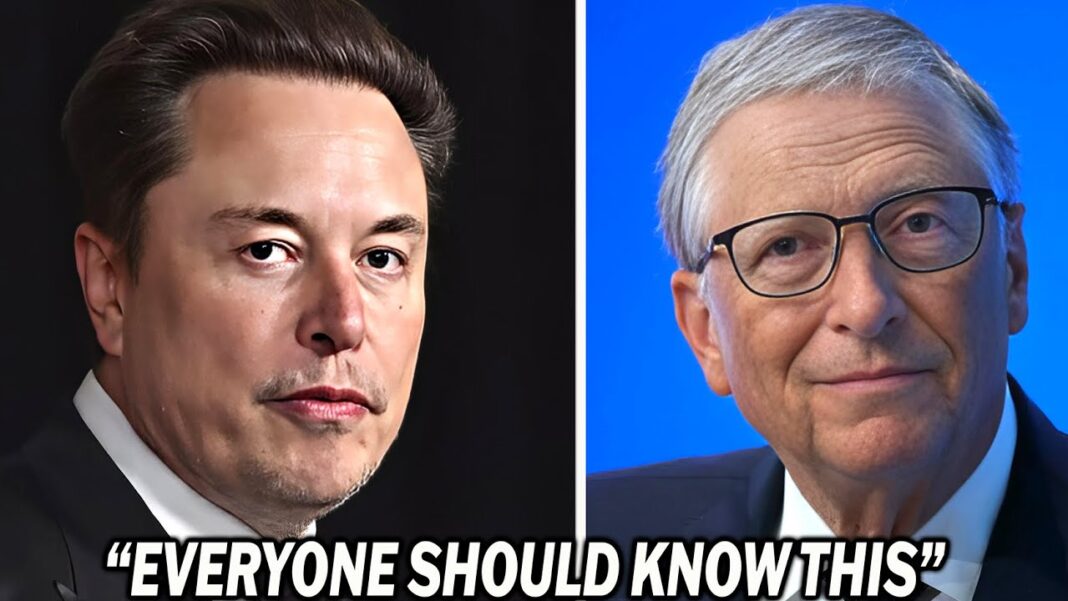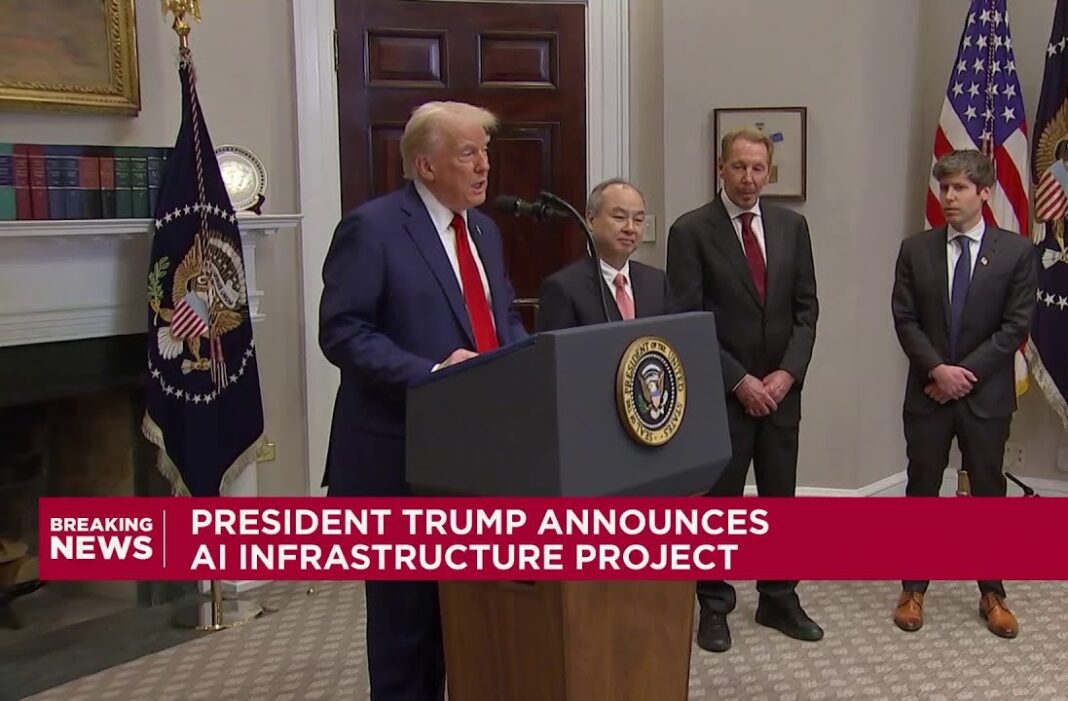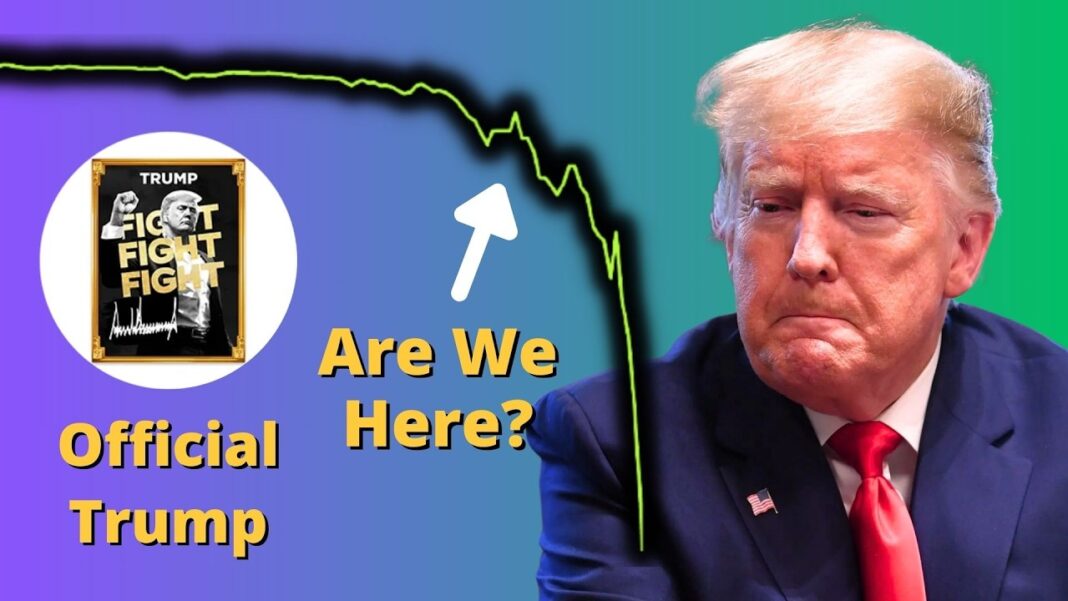USAID (United States Agency for International Development) has long been a cornerstone of American humanitarian relief efforts. With an annual budget of around $40 billion, the agency provides aid to struggling nations worldwide, helping with poverty alleviation, health initiatives, and disaster relief. However, recent scrutiny by business magnate Elon Musk and the Trump administration has raised concerns about how USAID allocates taxpayer funds. Allegations of financial mismanagement, wasteful spending, and clandestine activities have sparked intense debate over whether the agency operates in America’s best interest.
This article explores the controversy surrounding USAID, examining the claims of inefficiency, political implications, and the potential future of U.S. foreign aid programs.
USAID Under Fire: Key Allegations and Concerns
The primary criticisms directed at USAID include:
1. Financial Mismanagement and Wasteful Spending
Critics argue that USAID has misallocated taxpayer dollars, funding projects that do not align with America’s national interests. Some of the reported expenditures include:
- $1.5 million to promote diversity, equity, and inclusion (DEI) initiatives in Serbia’s workplaces.
- $70,000 for the production of a DEI-themed musical in Ireland.
- $47,000 to fund a transgender opera in Colombia.
- $32,000 for a transgender comic book in Peru.
Skeptics question whether such projects qualify as humanitarian relief and whether the funds could be better spent addressing urgent crises such as hunger, disease, and infrastructure development in impoverished nations.
2. Lack of Oversight and Transparency
Musk and Trump’s administration argue that USAID has operated with minimal accountability, functioning almost as an independent global charity rather than a government agency. Republican Senator Marco Rubio has echoed these concerns, stating that USAID has become a “law unto itself,” funding projects without proper oversight or consideration of U.S. foreign policy objectives.
3. Political Agendas and Ideological Spending
A key concern is whether USAID has prioritized ideological causes over practical aid. Critics claim that funds have been diverted toward progressive social programs rather than essential relief efforts. This has fueled arguments that USAID has lost sight of its core mission and become politically biased in its funding choices.
4. USAID’s Role in Foreign Policy and Intelligence
Some analysts suggest that USAID has been used as a tool for geopolitical influence rather than pure humanitarian assistance. The agency has a long history of working alongside the CIA and State Department, leading to speculation that its activities in foreign nations may extend beyond conventional aid. This has raised concerns that USAID’s funding may be supporting covert operations under the guise of humanitarian assistance.
The Response from the Trump Administration and Elon Musk
President Trump has been vocal about his desire to reform USAID, calling it “run by radical lunatics” and vowing to restructure the agency. His administration has already taken steps to increase oversight, including:
- Conducting a full audit of USAID’s budget and expenditures.
- Pausing funding for projects deemed unnecessary or misaligned with U.S. interests.
- Investigating whether USAID funds have been improperly allocated.
Elon Musk’s involvement has added further scrutiny. His public criticism of USAID as a “criminal organization” has fueled calls for deeper investigations into its spending practices and effectiveness.
The Future of U.S. Foreign Aid
While USAID has undeniably played a crucial role in global development, the recent controversy raises questions about the future of American foreign aid. Key considerations include:
1. Reforming USAID’s Budget and Priorities
If reforms move forward, USAID may need to reassess its funding priorities to ensure that taxpayer money is allocated more effectively. This could involve stricter criteria for project approval and a renewed focus on essential humanitarian needs.
2. Increasing Oversight and Accountability
Greater transparency in USAID’s operations is likely to become a major policy focus. This could mean more stringent reporting requirements, independent audits, and congressional oversight to prevent mismanagement.
3. Balancing Humanitarian Aid with National Interests
A key challenge will be maintaining USAID’s humanitarian mission while ensuring that its programs align with U.S. strategic objectives. Policymakers will need to find a middle ground that supports foreign development without compromising America’s interests.
4. Potential Downsizing or Restructuring
If the Trump administration continues its push for reform, USAID could see a significant reduction in budget or a restructuring that shifts some of its responsibilities to other agencies. Some have even suggested that private sector partnerships could play a larger role in humanitarian efforts moving forward.
Summary and Future Outlook
USAID’s future is uncertain as scrutiny intensifies. The agency’s critics argue that wasteful spending and ideological biases undermine its mission, while supporters maintain that USAID plays a crucial role in global stability. Moving forward, reforms will likely focus on:
- Ensuring greater financial transparency and oversight.
- Refocusing aid efforts on critical humanitarian needs.
- Eliminating projects that do not serve the national interest.
- Reevaluating the agency’s role in U.S. foreign policy.
The debate over USAID’s effectiveness and governance is far from over. The coming months will determine whether the agency undergoes significant changes or continues operating under its current structure.
Disclaimer
This article is based on a program discussion and reflects an analysis of the topics presented. It does not constitute financial, legal, or political advice. Readers are encouraged to conduct their own research and consult with professionals before forming conclusions about USAID and U.S. foreign aid policies.
Dr. Noah Alvarado is a global economist specializing in international trade policies and macroeconomic analysis. His research has been published in prominent journals.




